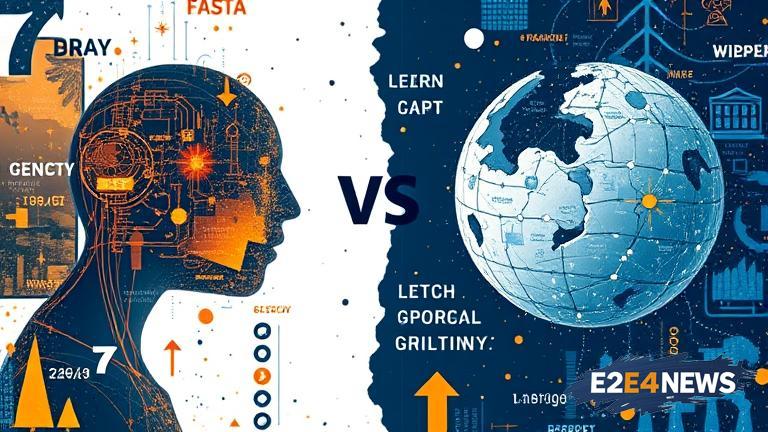The rise of ChatGPT, an AI-powered chatbot, has been making waves in the world of online information. With its ability to provide detailed and accurate answers to a wide range of questions, ChatGPT is becoming an increasingly popular alternative to traditional knowledge sources like Wikipedia. This shift has significant implications for the way we consume and interact with information online. Wikipedia, which has long been the go-to source for online research, is facing a potential decline in readership as users turn to ChatGPT for their information needs. The reasons for this shift are multifaceted, but one key factor is the ease of use and accessibility of ChatGPT. Unlike Wikipedia, which often requires users to sift through lengthy articles and navigate complex links, ChatGPT provides direct and concise answers to user queries. Additionally, ChatGPT’s ability to understand natural language and respond accordingly makes it a more user-friendly option for those who struggle with traditional search engines. However, this shift also raises important questions about the reliability and accuracy of the information provided by ChatGPT. As a machine learning model, ChatGPT is only as good as the data it has been trained on, and there is a risk of bias and inaccuracy in its responses. Furthermore, the lack of transparency and accountability in ChatGPT’s decision-making process raises concerns about the potential for misinformation and disinformation. Despite these concerns, ChatGPT is likely to continue to grow in popularity as users become increasingly accustomed to its convenience and ease of use. As a result, Wikipedia and other traditional knowledge sources will need to adapt and evolve to remain relevant in a world where AI-powered information sources are becoming increasingly dominant. This may involve incorporating more AI-powered tools and features into their platforms, as well as finding new ways to verify and validate the accuracy of their information. Ultimately, the rise of ChatGPT and other AI-powered knowledge sources has the potential to revolutionize the way we access and interact with information online, but it also raises important questions about the reliability, accuracy, and accountability of these sources. As we move forward in this new era of AI-powered information, it will be essential to carefully consider these questions and work towards creating a more transparent and trustworthy online knowledge ecosystem. The impact of ChatGPT on Wikipedia and other traditional knowledge sources will be significant, and it will be important for these organizations to be proactive in responding to these changes. This may involve investing in new technologies and strategies, as well as finding new ways to engage with users and provide value in a world where AI-powered information sources are becoming increasingly dominant. In addition to the implications for Wikipedia and other traditional knowledge sources, the rise of ChatGPT also has significant implications for the broader online information ecosystem. As AI-powered information sources become increasingly popular, there is a risk of homogenization and loss of diversity in the online information landscape. This could have significant consequences for the health of our democracy and our ability to access a wide range of perspectives and viewpoints. To mitigate these risks, it will be essential to promote diversity and inclusivity in the online information ecosystem, and to support a wide range of information sources and perspectives. By doing so, we can help to ensure that the rise of AI-powered information sources like ChatGPT leads to a more vibrant and diverse online information ecosystem, rather than a more homogeneous and limited one. The future of online information is likely to be shaped by the intersection of human and artificial intelligence, and it will be essential to carefully consider the implications of this intersection as we move forward. By working together to promote transparency, accountability, and diversity in the online information ecosystem, we can help to ensure that the benefits of AI-powered information sources like ChatGPT are realized, while also mitigating the risks and challenges associated with these technologies.
